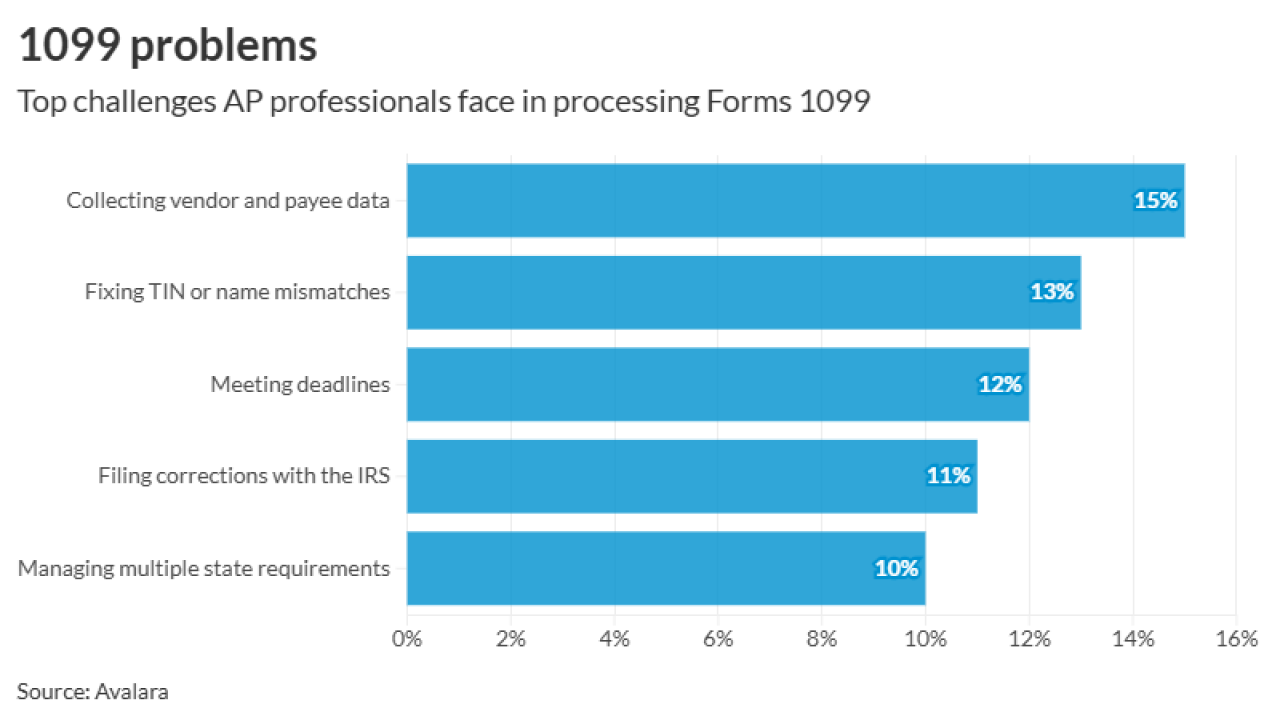Your firm’s website is a powerful lead generation tool. When used wisely, your site will attract new clients, and in turn boost your bottom line. That’s why it’s imperative to improve your website’s search engine ranking for your niche. And while every effort you make to advance your site’s ranking helps, what matters most when it comes to rising to the top of search results is content quality.
That wasn’t always the case; however, in addition to assessing content for factors like pertinent keywords, key phrases and viable external links, search engines now further evaluate those elements for how they fit into the context of the content in which they appear. Google, leading the way in intelligent search, launched algorithmic improvements that reward sites for sharing high-quality content with higher ranking in search results. Conversely, sites that do not are penalized. This is part of the search engine’s continued effort to cultivate a “healthy web ecosystem” that provides users with the highest-quality return in search results.
In addition to using relevant keywords, meta descriptions and perfecting SEO on your site, it is now more important than ever to share content that creates a meaningful experience for visitors. After all, the goal of sharing content online is that someone reads it and finds it useful. Providing visitors to your site with a positive experience that includes valuable, high-quality content increases the likelihood they will return.
Use these 10 tips as a guide to create high-quality online content that search engines can’t ignore:
1. Consider the purpose of each page on your website.
High-quality content extends beyond your blog and every page of your site is important for search engine ranking. Use your About page to offer solutions to client problems, feature the types of services you offer on your Home page, and create a Contact page that makes it easy for clients to reach you.
2. Answer questions before they are asked.
You probably know many questions your new clients will have. An excellent way to answer them is with a FAQ page. This also adds high-quality content to your website. Not to mention, your clients will see you as being ready with answers before they even ask, and you save loads of time by referring them to the answers to many of their questions all in one easy-to-access location.
3. Show your originality.
Topics in your area of expertise such as auditing will be repeated, but that doesn’t mean you must cover them in the same way your competitors do. Employ a fresh approach and put your unique spin on the content you share. Infuse each post with your personality and show your prospective and existing clients how you can apply your expert ability in your niche to help them.
4. Remain consistently niche-specific.
Maybe it should go without saying, but it bears repeating that the content you offer should be specific to your specialty area. Your new puppy may be adorable, but readers visit your site for information about the services you provide. Keep your content streamlined to accommodate customer needs.
5. Be relevant.
In addition to keeping content you share on-topic, it should be current and useful. This applies to every piece of content you create for your website. Show your customers (and search engines) that you are up to date in your field and that your primary goal is to provide meaningful information.
6. Reinforce your credibility with facts.
In addition to providing your readers with your expertise, link to resources that lead them to other useful sources as well as to the facts you use to support your work.
7. Be the missing link.
Examine the content your competition shares, determine what is missing in your niche, and provide that missing information to your readers. In some cases, provide hyperlinks to third party courses that reinforce your message.
8. Keep word count in mind, but don’t be a slave to the numbers.
The web is replete with advice on this topic; however, filling a page solely to hit a certain number is a mistake because it tends to cause writing quality to suffer. Sharing a piece of poor-quality content will cost you more in search engine penalties than publishing a shorter, yet high-quality article.
9. Illustrate your point.
Include pertinent, content-related images to support your writing. Blog posts with at least one image that enhances the copy outperform those with no images.
10. Aim to be error-free.
Before you share a post, take time to check your grammar and spelling, test all the links you include and verify the information you share. Avoiding careless errors makes your work look professional and enhances its authority.
Take time to apply these 10 tips to every piece of content you share on your website. Your high-quality content will benefit your readers, satisfy search engines and boost your ranking in search results.





